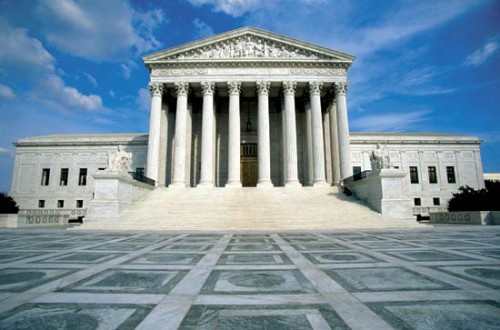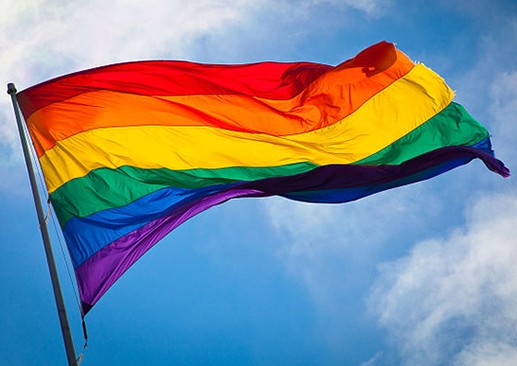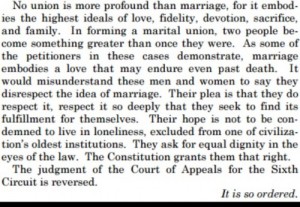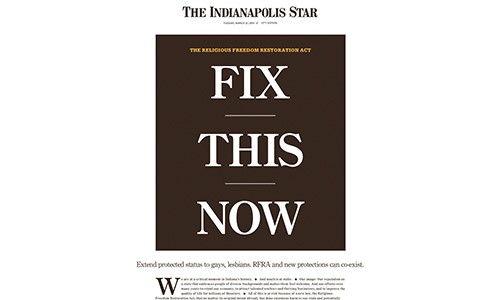The U.S. Supreme Court could rule any day now on the same-sex marriage case, and states are making plans to deal with the effects of that decision, especially if it bestows sweeping marriage rights to gay and lesbian couples.
In Michigan (one of the participating states in the Supreme Court case), Ingham County Clerk Barb Byrum has amassed an e-mail list of same-sex couples who’d like to be married.
She’s planning an e-mail blast following the decision to inform couples if and when they can head to the county building to be wed.
“There is a three-day waiting period that can be waived at the discretion of the county clerk,” says Byrum, an ardent supporter of marriage rights for LGBT people. “It will be waived.”
But opponents of same-sex marriage are making their own arrangements to contain the impact of the decision if it goes against them.
In North Carolina, the Legislature just overrode a governor’s veto to enact a law that gives judges and magistrates the right to refuse to marry same-sex couples based on a moral objection.
Michigan Gov. Rick Snyder just signed a law that allows faith-based adoption agencies to refuse to work with same-sex couples or other families based on a religious objection.
That new law, which has significant economic aspects, is almost certain to face a legal challenge.
The governor says he signed the law to ensure the most opportunities to place children with permanent families. Snyder says he was persuaded that some faith-based adoption services would otherwise close their doors if the Supreme Court grants marriage rights to same-sex couples.
Faith-based agencies like Bethany Christian Services and Catholic Charities account for somewhere between a quarter and a third of all taxpayer-funded adoptions in the state.
Critics of the law say it’s a preemptive effort against the LGBT community if the court awards marriage rights to gay and lesbian couples.
“This bill in Michigan is part of a broad trend that we’ve seen playing out in about 26 legislatures this year,” says Selene Kaye with the ACLU’s Out for Freedom project.
She says bills were introduced in Florida, Texas and Alabama that would limit adoption rights, for access, or restrict access to public accommodations. But, she says, in the vast majority of cases, the bills stalled or were voted down.
Earlier this year, the country was awash in debate over the approval of Religious Freedom Restoration Acts in Indiana and Arkansas. Snyder backed away from supporting a similar law, after seeing the business community’s reaction in nearby Indiana.
Opponents of the adoption bill say they’re baffled as to why the Michigan adoption bill didn’t get the same treatment.
The American Civil Liberties Union of Michigan plans to file a legal challenge to the Michigan adoption law, says the ACLU’s Rana Elmir. She sees a key money element in the new law.
“Since these agencies are receiving state money and they are agents of the state, we believe they are violating First Amendment protections and other constitutional protections,” she says.
For story ideas, see where your state stands on same-sex marriage, religious freedom acts and adoption law. Find the businesses that could be affected by the Supreme Court ruling, or by other steps by your legislature.











